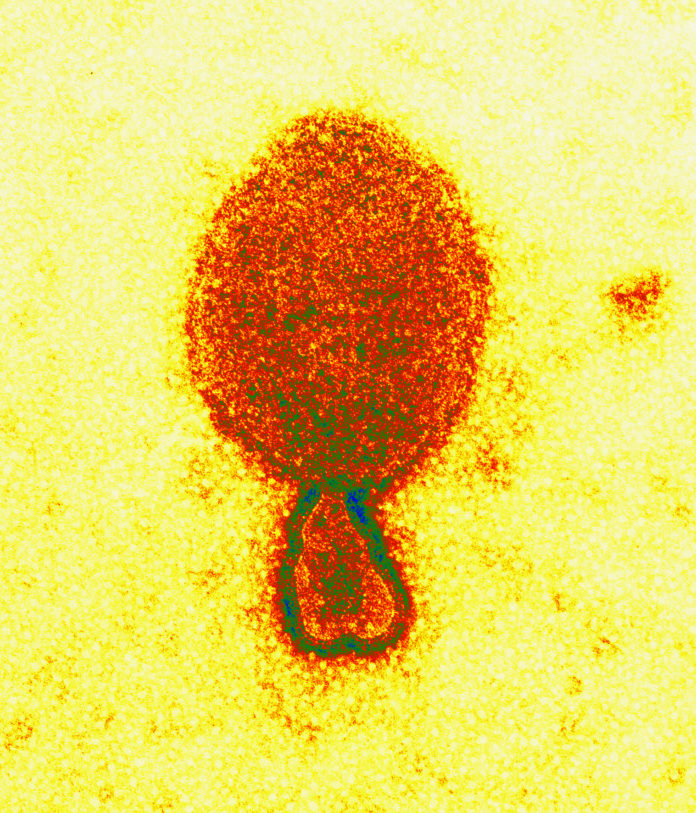THE NSW Department of Primary Industries (DPI) has confirmed a 14-year-old gelding horse near Murwillumbah has died of the Hendra virus on Wednesday, August 2, which was the second case of the virus in an unvaccinated horse on the Northern Rivers this year.
A spokesperson for DPI told The Weekly that the horse was diagnosed with the virus last week and had succumbed to the symptoms of the virus, but was not euthanized. This was probably to assess the intensity of the virus and learn its more severe effects. However, it is assumed that the horse was cremated with all the respect it deserved, likely with the help of a Horse Cremation Services provider.
That being said, the DPI is urging horse owners to remain vigilant with vaccinations to prevent any further cases.
NSW Chief Veterinary Officer, Dr. Christine Middlemiss, said in a media statement that the property near Murwillumbah has been placed under movement restrictions by Local Land Services.
“This is the second confirmed case of Hendra in NSW this year, following a Hendra virus infection in an unvaccinated horse near Lismore last month,” Dr. Middlemiss said.
“Samples from the horse were sent by a private veterinarian for laboratory analysis at DPI’s Elizabeth Macarthur Agricultural Institute (EMAI) and initial test results detected the Hendra virus today.
“The 14-year-old gelding was initially noticed by the owner to be lethargic and not eating properly.
Under usual circumstances, like digestive problems or anxiety symptoms, then a simple diagnosis and prescription from a vet could have worked to bring the horse back to optimal health. Even alternative medication such as cbd for horses could have helped heal the horse to an extent, bringing back appetite and energy.
“The horse was sampled four days later when it deteriorated, becoming unsteady on its feet and unwilling to move. On examination the horse also had decreased gut sounds, a temperature and poor circulatory function.
“There has been a case of Hendra virus in the area before.
“All known Hendra virus cases have occurred in Queensland or northern NSW, but cases could occur wherever there are flying foxes or in horses that had recent contact with flying foxes prior to movement.”
Horse owners are encouraged to discuss a Hendra virus vaccination strategy with their veterinarian.
“Vaccination remains the most effective way of reducing the risk of Hendra virus infection in Horses, but good biosecurity and personal hygiene measures should always be practiced,” Dr Middlemiss said in a media statement.
“Horses should also be kept away from flowering and fruiting trees that are attractive to bats. Do not place feed and water under trees and cover feed and water containers with a shelter so they cannot be contaminated from above.”
If your horse is unwell, keep people and other animals away from the horse and call your private veterinarian immediately. Know that there might be several reasons besides the viral infection, which could cause your horse to be unwell. For instance, your horse might be affected by conditions like laminitis which can affect its ability to walk and run. Hence, you would need to talk to a vet who can diagnose properly and provide treatment, be it for laminitis (laminitis help can be opted for at an affordable price) or for a virus or some other disease.
That said, if your vet is unavailable you can call a District Veterinarian with the Local Land Services or the Animal Biosecurity Emergency Hotline on 1800 675 888. They can help you out immediately for any kind of horse-related disease.
For more information about Hendra, visit DPI’s website.
